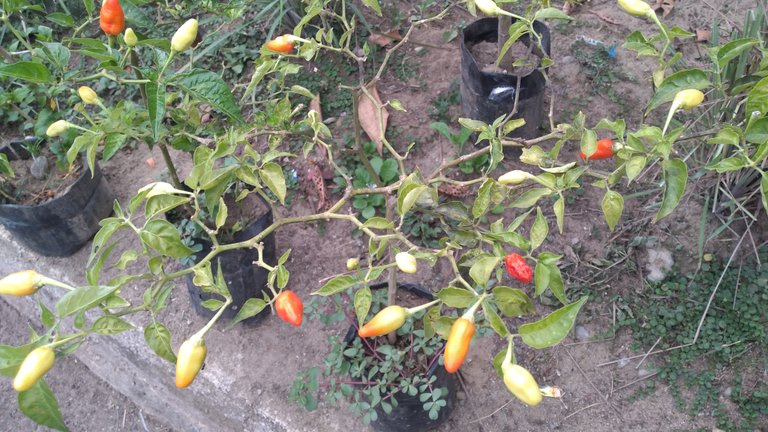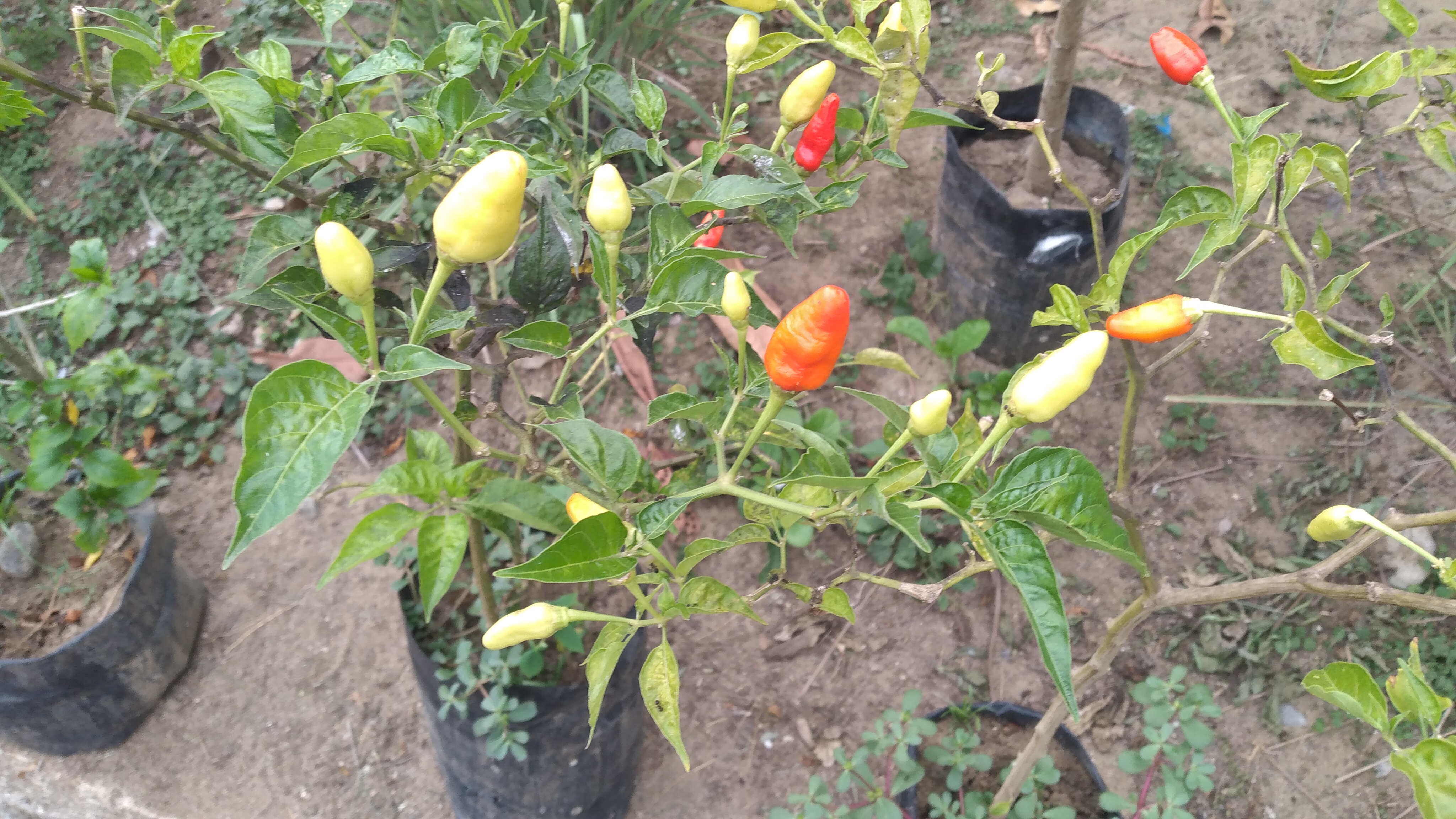
Cayenne peppers or also called cayenne peppers, are small in size but provide extraordinary spiciness which comes from a chemical compound called capsaicin. Not only do they provide a biting spicy sensation, but cayenne peppers are also a source of various important nutrients such as protein, carbohydrates, sugar, fiber, vitamin A, vitamin B6, vitamin C, iron, magnesium, potassium, and water which we can find in cayenne peppers.
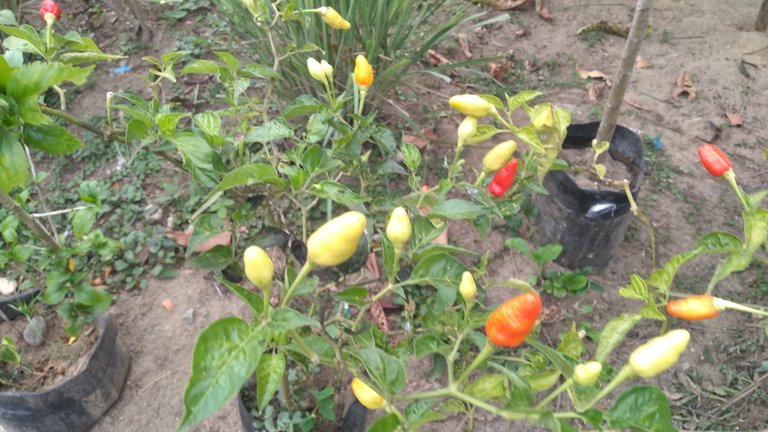
Research shows that the capsaicin in cayenne pepper has the potential to slow the growth of cancer cells and possibly even kill certain cancer cells. Although this still requires further research, cayenne pepper can be a food choice that helps fight the risk of certain cancers, such as prostate cancer, skin cancer and pancreatic cancer.
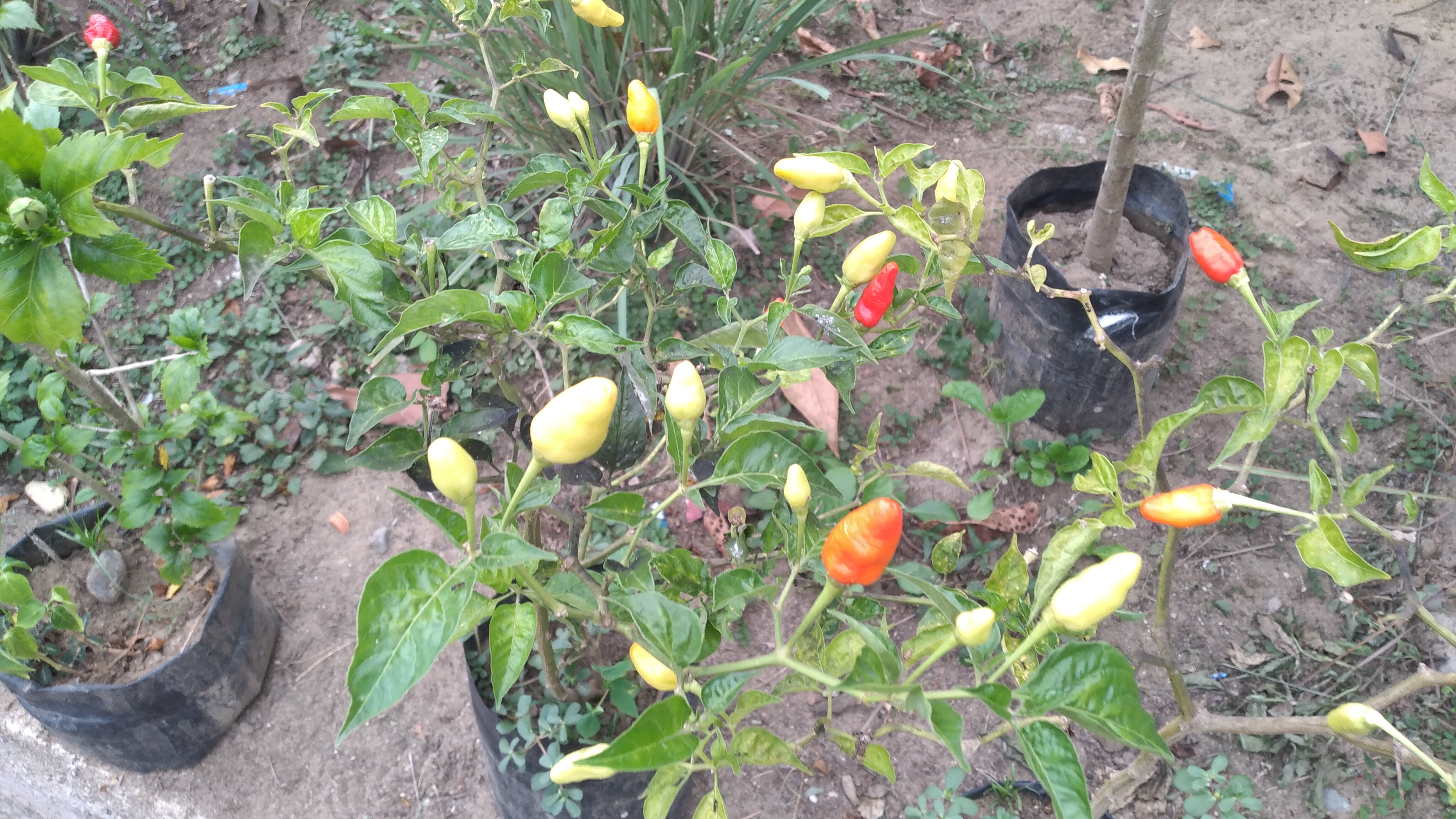
The vitamin C content in cayenne pepper can actually strengthen the immune system. When our immune system is strong, the body will be more resistant to disease attacks, such as flu or an approaching cough.

The vitamin C content in cayenne pepper can actually strengthen the immune system. When our immune system is strong, the body will be more resistant to disease attacks, such as flu or an approaching cough.
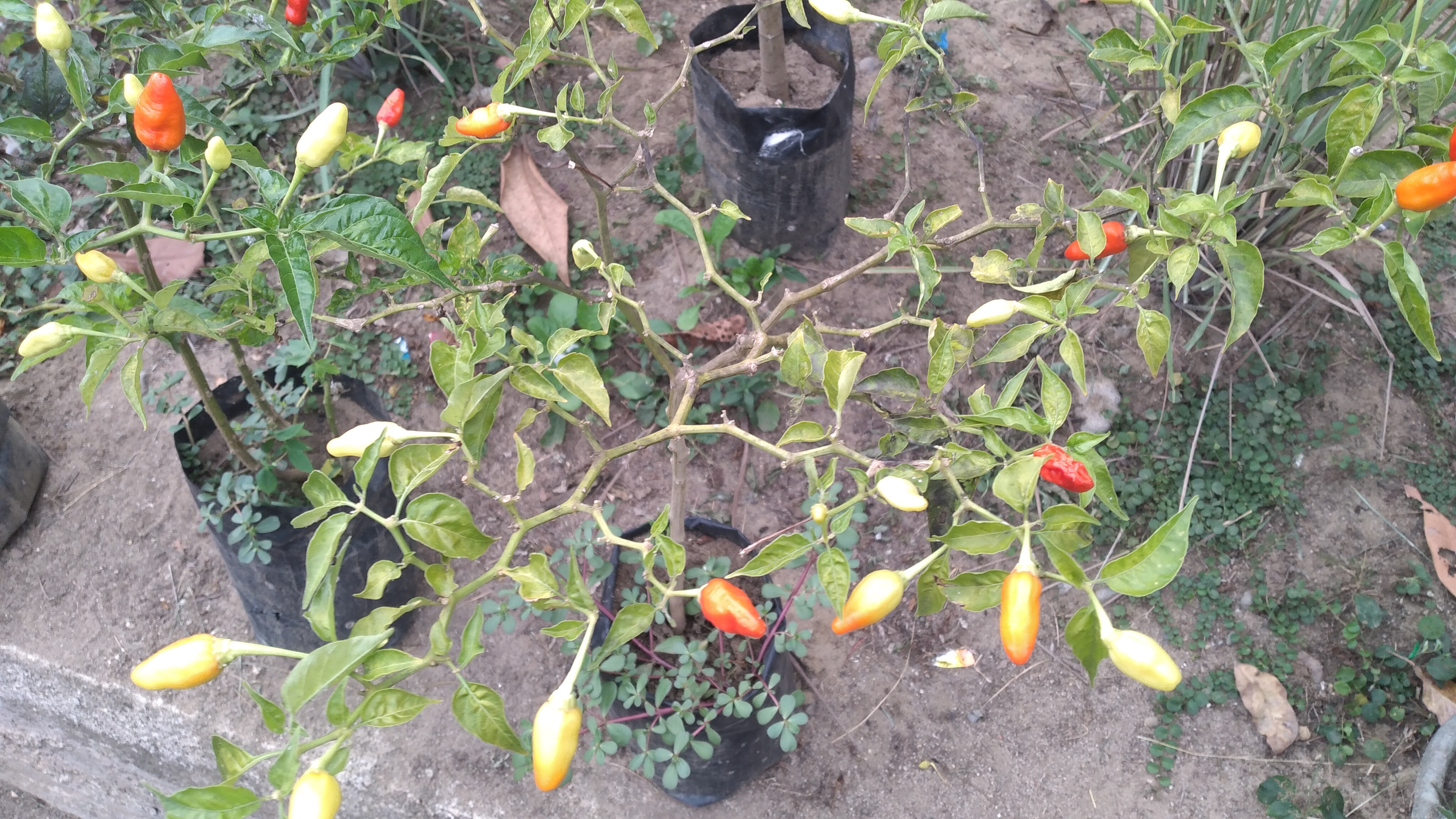
Cayenne pepper helps stimulate the digestive system by increasing the production of enzymes and stomach acid. This ensures that the food metabolism process runs well, although you need to remember to consume it wisely to avoid digestive disorders such as diarrhea.
